Get Involved in Landcare – Here Is How You Can Make a Difference!
Landcare has evolved from rural groups and farming communities, to people from all walks of life who are working together to restore, enhance and protect the natural environment in their local community. From the beach to the rural and remote regions of Australia, thousands of landcare and other environmental community groups are coming together to find solutions to environmental issues in their community.
Whether you have time to volunteer each month with your local group, encourage your workplace to support landcare, educate children in the classroom, or take small actions at home, landcare is for everyone. We’ve put together a few ideas to help you get involved and join the landcare movement.

Find or Register a Group
The National Landcare Directory (NLD) is an online directory of ‘care' groups across Australia who are working in their local community on environmental conservation and sustainable land management activities. There are thousands of landcare groups and other environmental community groups across Australia, so this is a great starting point to find a group near you and get involved. We have made it easy for you to find a group, register a group or remove a group.
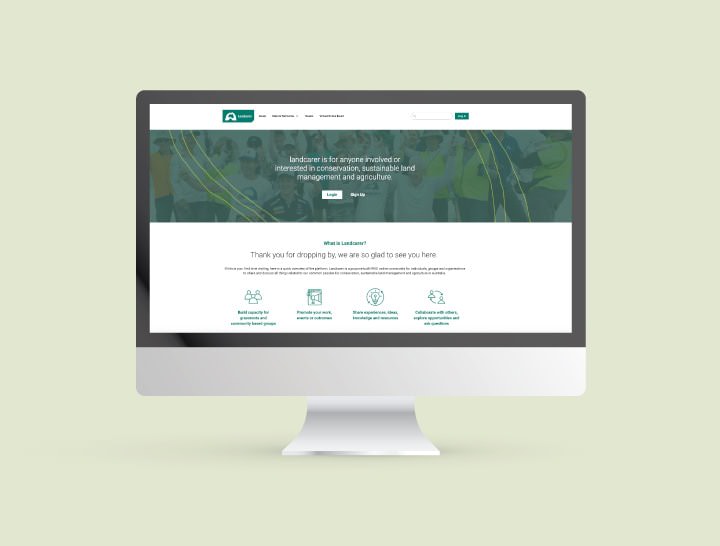
Landcarer Portal
Have you explored our Landcarer portal? Landcarer is a purpose built FREE online community meeting spot for like-minded people to connect and discuss all things related to our shared passion for conservation, sustainable land management and agriculture. Explore how this platform can help you, your group or organisation. You can also add your events to the National Landcare Events Calendar on Landcarer!
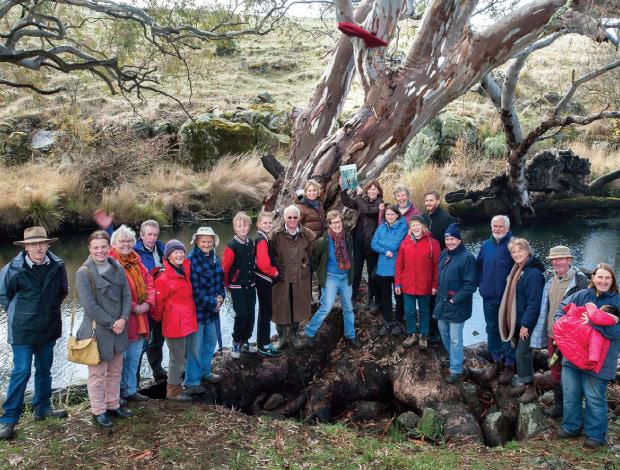
Partner With Us
Landcare Australia works with governments, corporate partners, philanthropic organisations and donors to facilitate funding for good quality, hands on projects and programs that will improve environmental outcomes for the landcare community and nature. This funding and in-kind support helps us to develop projects or grants programs that are practical, deliverable and community focused. Our partnerships create tangible environmental and social benefits as well as business outcomes. For more information about what we do and how we could work together, please contact us.
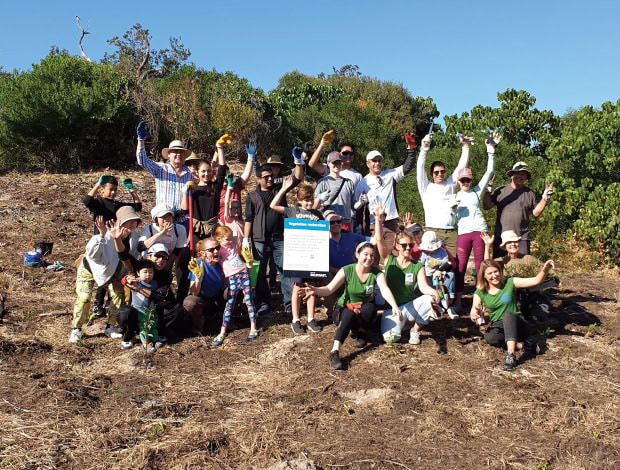
Events
Landcare Australia has collated the Landcare Campaign and Event List that you may find useful for your planning. Plus! We have created an online calendar that anyone can use to publish their events all year round - the National Landcare Events Calendar will help people find your event to volunteer.
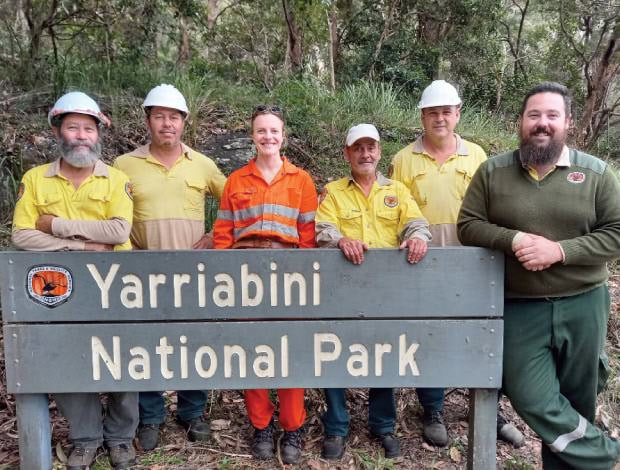
How to Get Involved
Get involved with your local group and learn about local environmental issues in your community and how you can help. We know many people are time poor, however there are many ways to get involved in landcare that won't take up a huge amount of time, and you can get your friends, family and colleagues involved. We have created a list of ideas to help you be a "landcarer" at home, work or with your local environmental community group.
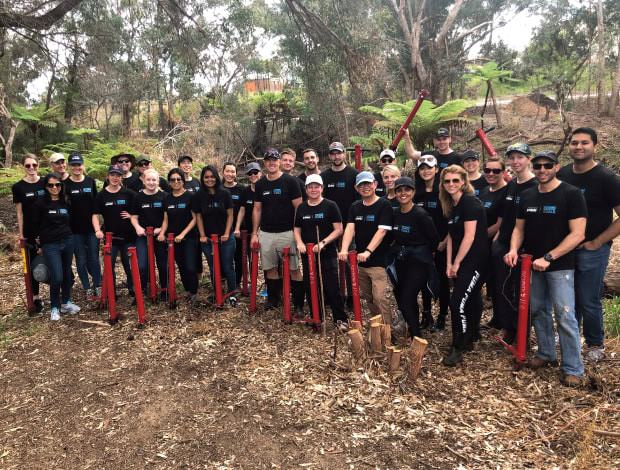
Corporate Environmental Volunteering
Corporate environmental volunteering offers multiple benefits for employees who can get their hands dirty with landcare and feel good about being outdoors in nature.
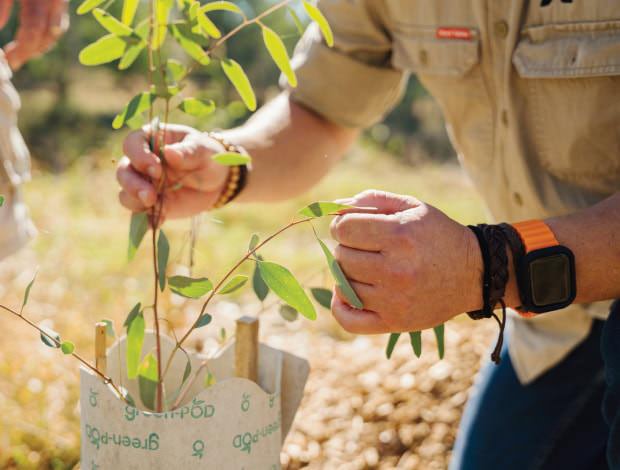
Tree Planting Fund
The Tree Planting Fund supports the protection of endangered species in local communities across Australia.

Leave a Bequest
A bequest to Landcare Australia will help us continue to support the hard work of the landcare movement across Australia.

Donate
Your donation helps Landcare Australia continue our vital work in supporting landcare projects across Australia.

Subscribe
Get updates on grants, education resources, case studies, project updates, events, campaigns, partnerships, new programs and much more!